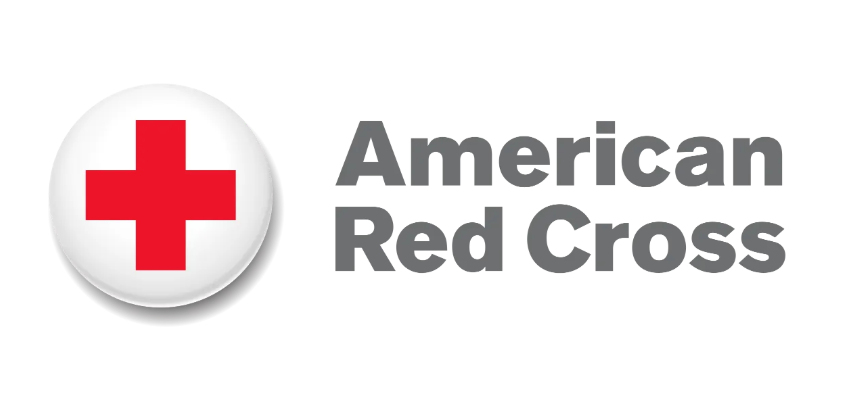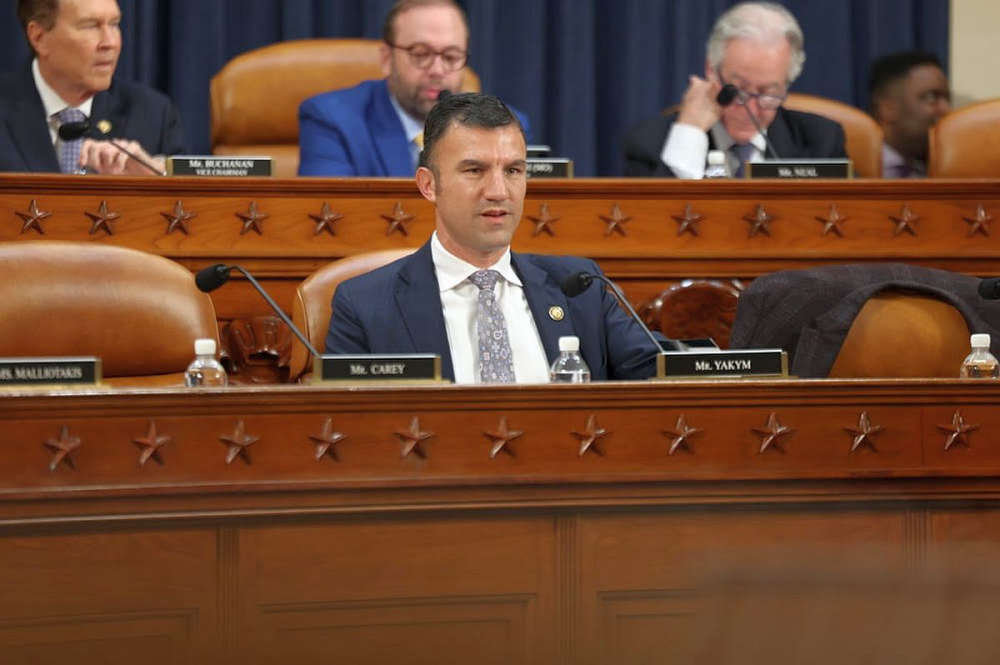
The Illinois Department of Public Health (IDPH) is taking action to prevent the national spread of measles in Illinois. A total of eight measles cases, all linked to one another, were identified in Southern Illinois in April and May.
In addition to the eight Southern Illinois cases, two additional, unrelated cases were identified in Cook County around the same time. Those did not constitute an outbreak, and there was no further indication of any additional spread beyond those two individuals.
No new Illinois cases have been diagnosed since May 22nd; two full incubation periods (42 days) have elapsed since the last confirmed case, allowing the Department to declare the outbreak over.
The Illinois measles cases came as the nation is facing the largest number of cases nationwide since measles was officially eliminated from the U.S. in 2000. The CDC has reported the highest number of annual cases across the nation in 33 years-- 1288 confirmed cases across 39 jurisdictions in 2025 alone.
92% of cases have affected unvaccinated individuals or individuals whose vaccination status is unknown. There have been 3 deaths from measles in the U.S. this year, equaling the total measles deaths nationwide between 2001 and 2024.
“The end of this outbreak, capping at just 8 cases and no serious illnesses in Illinois, is a testament to the deliberate, decisive, and successful work of our public health and medical professionals,” said IDPH Director Dr. Sameer Vohra. “Public health is made stronger by the power of partnership, and this measles response was a coordinated effort that included IDPH, local health departments, as well as other dedicated community and health care partners. Vaccination remains our most effective tool to prevent measles. I recommend that Illinois residents make sure that they and their family members are up to date on the measles/mumps/rubella vaccine and all other age-appropriate immunizations.”
A significant contributing factor in containing or preventing outbreaks of infectious disease is immunization. According to the CDC, one dose of measles/mumps/rubella (MMR) vaccine is 93% effective against measles and two doses are 97% effective in protection from measles. Measles is easily spread through the air when someone coughs or sneezes. Measles can cause serious and long-term complications, including pneumonia and brain infections leading to long term brain and nerve damage. Around one in five children under five years of age end up hospitalized with measles, where unvaccinated children experience severe illness or even death.
IDPH stresses the importance of ensuring everyone is up to date on immunizations. The MMR vaccine has proven to be much safer than getting natural infection. There has been no link established between autism and the MMR vaccine through multiple scientific studies both in the US and in other countries.
However, since the COVID-19 pandemic, vaccination rates in the United States have dropped, increasing the likelihood of vaccine-preventable disease spread. Individuals can protect themselves and their communities by ensuring their families are up to date on all recommended vaccines.
When the first Illinois case of measles was identified in April 2025, IDPH and involved local health departments mobilized to
- identify all potential sources of exposure,
- instruct those who were exposed and non-immune to quarantine,
- alert the health care community of the situation,
- issue news releases and social media posts to provide the public with information on ways to protect themselves, and
- promote preventive immunizations to help those who would have otherwise been vulnerable to contracting measles.
Among specific actions that were taken:
- Local health departments rapidly identified individuals who were infected or exposed, encouraged isolation and quarantine where needed, and monitored and provided guidance to affected individuals to ensure they were receiving proper care and had taken all necessary precautions to prevent further spread of the virus.
- The Franklin-Williamson Bi-County Health Department, Jackson County Health Department, and neighboring local health departments conducted vaccine outreach clinics in their communities. IDPH activated mobile vaccinations to assist with immunization efforts across the state, procuring emergency services from CIMPAR to deliver 14 mobile immunization clinics.
- IDPH launched a major, strategic measles communications effort targeting zip codes with school vaccination rates for MMR below 91 percent. More than 2.5 million people were reached through this effort.
- IDPH updated its website with easy to navigate measles information for healthcare facilities, parents, travelers and schools in addition to developing a new measles toolkit for health professionals.
- IDPH expanded its laboratory capacity to conduct in-house testing for the measles vaccine strain and reduce the turnaround time relative to awaiting results from the CDC.
- IDPH issued multiple health advisories, news releases, and social media posts, including an IDPH podcast episode devoted to information about measles and a Dear Colleague letter from Director Vohra addressing the department’s preparedness plans.
- IDPH sent messages to more than 2,000 school administrators and school nurses statewide to alert them to the potential for measles exposures in the school setting, survey them on potential barriers to vaccination, and advise them on actions to take.
- IDPH launched a measles school outbreak prediction dashboard to help local officials determine risk factors and evaluate what additional steps might be necessary.
- IDPH launched a pharmacist targeted survey on the statewide inventory related to medical counter measures (post exposure prophylaxis) against measles.


 Winter storm hits region hard
Winter storm hits region hard
 Knox County drug bust
Knox County drug bust
 Winter storm warning issued for area
Winter storm warning issued for area
 Winter storm watch in effect for area
Winter storm watch in effect for area
 Unit #20 Board of Education recognizes Lady Braves and heroic students
Unit #20 Board of Education recognizes Lady Braves and heroic students
 LCMH receives federal grant funding
LCMH receives federal grant funding
 Lawrence County Board approves bridge construction project
Lawrence County Board approves bridge construction project
 Two arrested after traffic stop in Knox County
Two arrested after traffic stop in Knox County
 Indiana State Police seeks volunteer chaplains to support trooper wellness and resilience
Indiana State Police seeks volunteer chaplains to support trooper wellness and resilience
 St. Francisville water main break
St. Francisville water main break
 VU Health Sciences and Learning Center to officially open in February
VU Health Sciences and Learning Center to officially open in February
 Earthquake in southern Illinois
Earthquake in southern Illinois
 American Red Cross urges the public to donate blood
American Red Cross urges the public to donate blood
 State committee approves IDOC mail rule
State committee approves IDOC mail rule
 Information sought in Lawrence County man's death
Information sought in Lawrence County man's death
 U.S. Rep. Yakym’s bipartisan BARCODE Efficiency Act Advances
U.S. Rep. Yakym’s bipartisan BARCODE Efficiency Act Advances
 Thacker joins IHA Board of Directors
Thacker joins IHA Board of Directors




